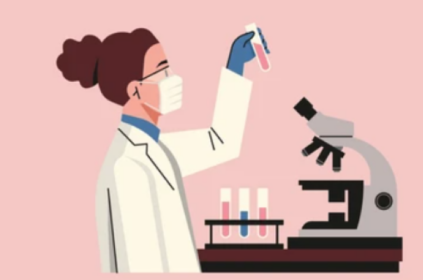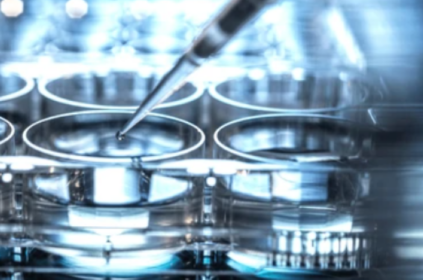Currently the limited options for treatment of hepatocellular carcinoma only extend a patient’s life for a few months.
As reported in Weill Cornel Medicine recently, advances in immunotherapy may provide an alternative for these patients, potentially extending their lives for up to two years.
A study recently published in Molecular Cell gives insights into two proteins (NBR1 and p62) that work in opposite directions when regulating the response of interferon in the liver’s defense against tumors.
Hepatic Stellate Cells (HSCs)
The HSCs have many functions, some of which include but are not limited to:
- secreting growth factors
- storing 80% to 90% of the body’s Vitamin A
- promoting immune suppressive responses
- producing extra scar tissue that assists in repairing damaged cells
- regulating hepatic blood flow
Results of the Study
The study shows that when levels of NBR1 are high, and as NBR1 is an immune suppressor in hepatic stellate cells, NBR1 may be a tool that can distinguish which patients are unable to benefit from immunotherapy.
This new study shows that strategies using NBR1 to reduce the size of tumors on animal models offer a potential therapeutic approach when patients are not responsive to immunotherapy.
Jorge Moscat, M.D., oncology professor and co-principal investigator of the study, explained that patients may be protected from cancer when p62 in the hepatic stellate cells is high, but when it is low, it correlates with low activity in the immune system.
Maria Diaz-Meco, M.D. spoke in her capacity as co-principal investigator explaining that the liver is very much immune suppressed.
One of the team’s goals is to reactivate the immune system. Study investigators were aware that not everyone responds to immunotherapy and many others do not sustain a long-term remission.
Researchers were unable to determine which patients would likely benefit and knew they needed a type of biomarker that would enable them to identify responsive patients such as those who may have a longer period of survival.
Another goal of the team was to study problems in the healing mechanism of the liver that cause cancer. One issue involved prior research that found levels of p62, a protein that suppresses tumors, are irreversibly lowered in hepatocellular carcinoma patients.
In the new study, the team found that p62 promotes response from the immune system by triggering a protein that displaces NBR1 allowing the immune response to destroy tumor cells.
Looking Forward
A new challenge for the researchers will be to determine whether eliminating NBR1 will prevent metastasis of cancer and preclude tumors from developing a resistance to treatment.
Dr. Meco said that unless molecular mechanisms that control the immune response of the liver are fully understood, immunotherapy progress will stall.
HCC hepatocellular carcinoma liver cancer research treatment
Last modified: November 5, 2024










